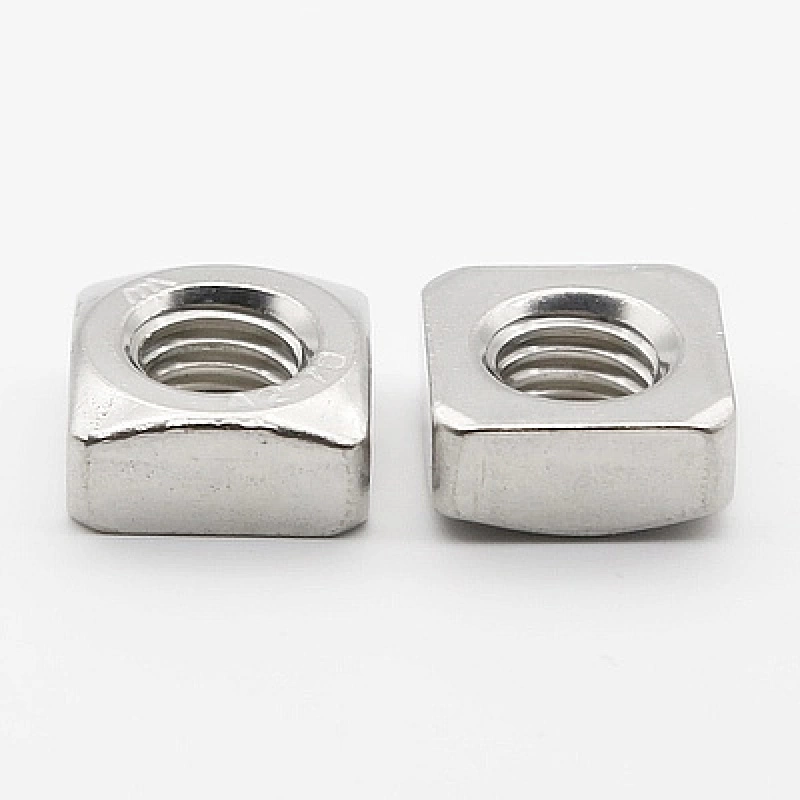

Exploring the Applications and Benefits of Stud Bolt Fasteners in Various Industries
Nov . 07, 2024 17:35 Back to list
Exploring the Applications and Benefits of Stud Bolt Fasteners in Various Industries
The Importance of Stud Bolt Fasteners in Modern Engineering
In the world of engineering and construction, connections play a vital role in ensuring the structural integrity and durability of various assemblies. Among the multiple types of fasteners available, stud bolt fasteners stand out for their efficiency and reliability. This article delves into the characteristics, applications, and advantages of stud bolt fasteners, highlighting their significance in modern engineering.
What are Stud Bolt Fasteners?
Stud bolts are cylindrical rods, usually made of steel or other durable materials, with threads on both ends. They do not have a head like traditional bolts; instead, they rely on nuts to secure them in place. Stud bolts are specifically designed to withstand high tension, making them ideal for a wide range of applications requiring robust fastening solutions. They can be found in a variety of industries, including construction, manufacturing, oil and gas, and heavy machinery.
Characteristics of Stud Bolt Fasteners
One of the fundamental features of stud bolt fasteners is their ability to provide a strong and accurate connection
. The threaded ends allow for a precise fit when paired with nuts, ensuring that the load is distributed evenly. This characteristic is essential in applications where the risk of vibration or shifting is present, as it reduces the likelihood of loosening over time.Additionally, stud bolts offer a high level of versatility. They come in various sizes, materials, and grades, allowing engineers to choose the appropriate specification for specific environments and loads. For instance, stainless steel stud bolts are often used in corrosive environments due to their resistance to rust and degradation.
Applications of Stud Bolt Fasteners
stud bolt fasteners

Stud bolt fasteners are widely used in numerous applications. In the construction industry, they serve as key components in the assembly of structural steel frameworks. Their ability to secure beams, columns, and girders makes them indispensable for creating stable structures, including bridges, buildings, and towers.
In the oil and gas industry, stud bolts are commonly found in pipeline systems and pressure vessels. They are essential for making secure connections that can withstand extreme pressures and temperatures, ensuring safe and efficient operations. Furthermore, stud bolts are used in heavy machinery and equipment, enabling the assembly of components that must endure significant loads during operation.
Advantages of Using Stud Bolt Fasteners
The benefits of using stud bolt fasteners are numerous. Firstly, their design allows for ease of installation, as they can be installed using standard tools without the need for complex equipment. This simplicity reduces labor costs and time required for assembly or maintenance.
Secondly, since stud bolts do not have heads, they can be installed in tighter spaces where traditional bolts might not fit. This makes them an excellent choice for applications with limited accessibility, ensuring no compromise on the strength of the connection.
Moreover, stud bolts provide a greater degree of tension control. They allow for more accurate torque application, minimizing the risk of over-tightening or under-tightening, which can lead to structural failures.
Conclusion
In conclusion, stud bolt fasteners are a critical component in modern engineering, offering strength, versatility, and reliability. Their unique design and characteristics make them suitable for a wide array of applications across various industries. As engineering demands evolve, the importance of reliable fastening solutions like stud bolts will continue to grow, ensuring that structures and systems are built to last. Understanding and implementing these fasteners effectively can lead to safer and more efficient engineering practices, solidifying their role in the future of construction and manufacturing.
Latest news
-
High-Strength Hot Dip Galvanized Bolts - Hebei Longze | Corrosion Resistance, Customization
NewsJul.30,2025
-
Hot Dip Galvanized Bolts-Hebei Longze|Corrosion Resistance&High Strength
NewsJul.30,2025
-
High-Strength Hot-Dip Galvanized Bolts-Hebei Longze|Corrosion Resistance&High Strength
NewsJul.30,2025
-
Hot Dip Galvanized Bolts-Hebei Longze|Corrosion Resistance&High Strength
NewsJul.30,2025
-
Hot Dip Galvanized Bolts - Hebei Longze | Corrosion Resistance, High Strength
NewsJul.30,2025
-
High-Strength Hot Dip Galvanized Bolts-Hebei Longze|Corrosion Resistance, Grade 8.8
NewsJul.30,2025

